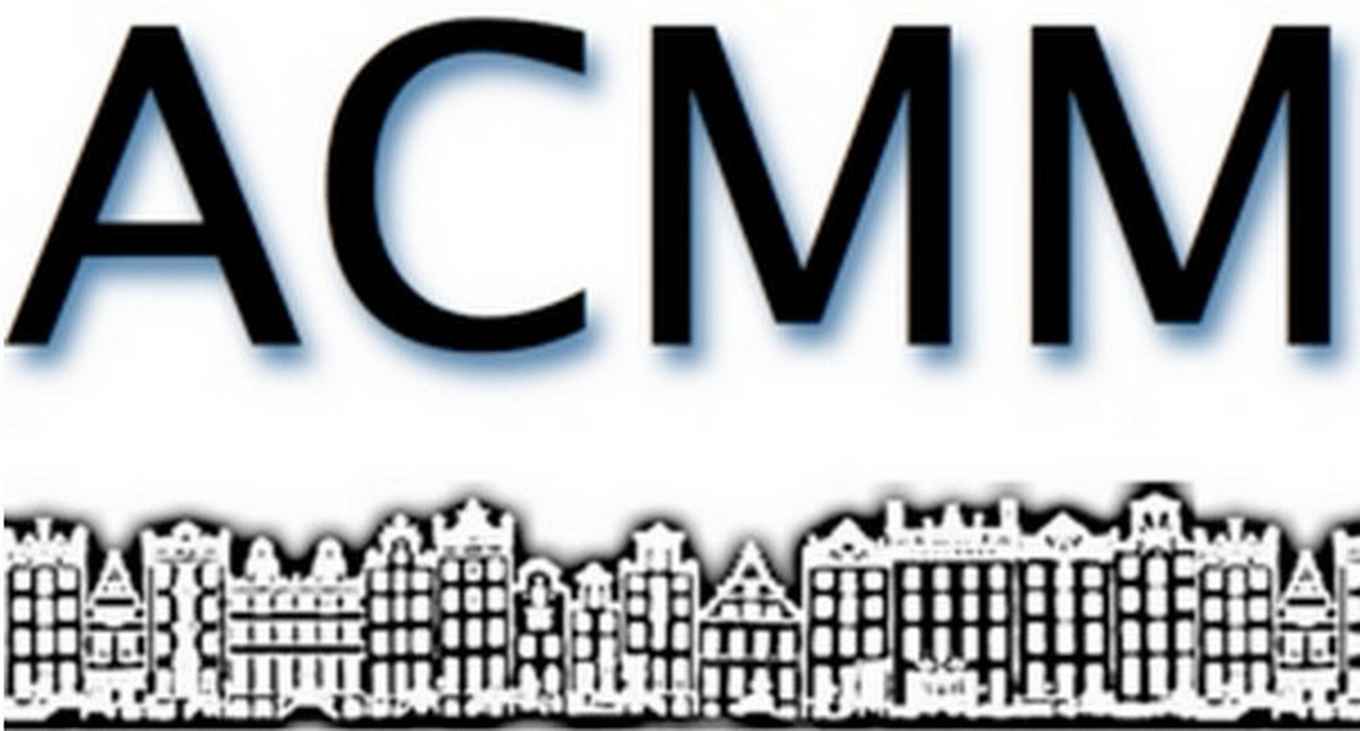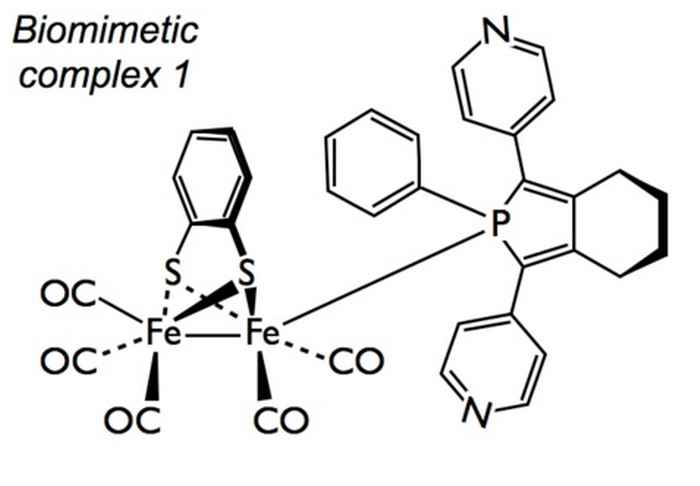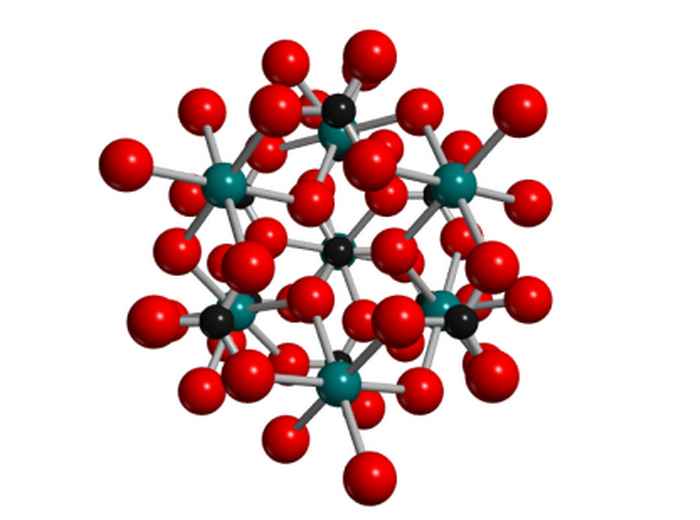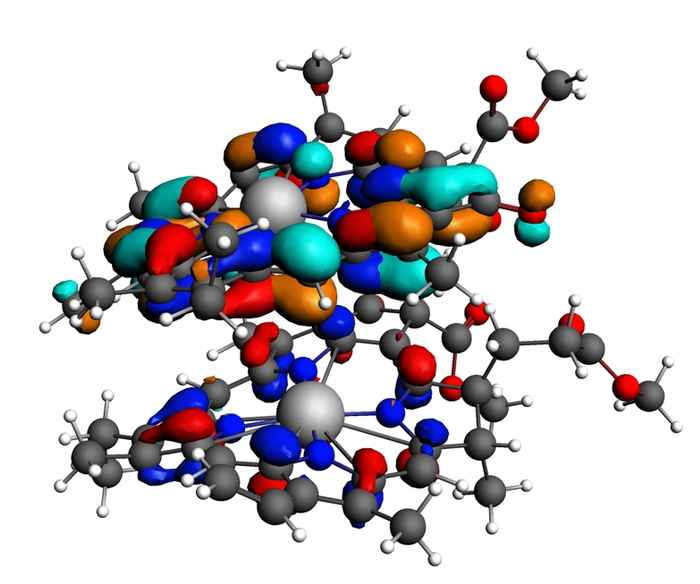New computational chemistry funded through CSER initiative
14 March 2016

The ACMM is the Amsterdam interuniversity research center combining the expertise in computational sciences of both the van 't Hoff Institute for Molecular Sciences of the University (HIMS) of Amsterdam and the chemistry department of Vrije Universiteit (VU) Amsterdam. In the recent CSER call three ACMM projects have been awarded, demonstrating the strength of the collaborative research of the Amsterdam science faculties within ACMM.
Unraveling the mechanism of biomimetic hydrogen fuel production

In the project Unraveling the mechanism of biomimetic hydrogen fuel production, Dr Bernd Ensing (Computational Chemistry, HIMS) will use advanced simulation techniques to determine the mechanism underlying the hydrogen production of biocatalysts.
Turning water into hydrogen fuel would provide a great alternative to the fossil fuels used today. Nature has evolved a very powerful class of enzymes that can efficiently catalyse such a process, and several laboratories have set out to create biomimetic catalysts based on these so-called hydrogenases. However, the success of their efforts has been limited as the molecular details of the process are still poorly understood. This project aims to unravel, through quantumchemical simulations, the chemical reaction mechanism of the biomimetic catalysts. Understanding the chemical steps, the reaction rates and their dependence on catalyst structure and external conditions such as pH, reduction potential and solvent will allow for rationally design strategies, ultimately leading to artificial catalysts that produce hydrogen fuel as efficiently as nature itself. This work connects with the UvA Sustainable Chemistry theme and is done in collaboration with the homogeneous catalysis group of Prof. Joos Reek (HIMS) where the biomimetic catalysts are synthesised and tested.
Non-classical crystallization of gas hydrate and calcium carbonate under reservoir and transport conditions

Prof. Peter Bolhuis (Computational Chemistry, HIMS) leads the research project Non-classical crystallization of gas hydrate and calcium carbonate under reservoir and transport conditions.
The crystallization of gas hydrate and calcium carbonate is of great importance for the energy sector but nevertheless fundamentally poorly understood. This project aims to improve the understanding of the crystal nucleation step of the two systems by using molecular simulations. Combined with experimental work at the Soft Matter group of Prof. Daniel Bonn (Institute of Physics, UvA) the research will lead to improved insight and will open the avenue for controlling crystallization.
Renewable fuels by tuning nature

Prof. Lucas Visscher (Theoretical Chemistry, VU) will develop quantum chemical calculations for the study of photosynthesis in the project Renewable fuels by tuning nature.
While solar energy should in principle be able to meet the worlds energy demand, the direct production of biofuels is limited by the low efficiencies that are currently attained. The reason for this is simply that organisms have not evolved to produce fuels, but to survive and reproduce. In this project advanced simulation techniques will be developed and applied to aid further improvement of both food and biofuel production. The aim is to go beyond idealized models and study fully atomistic models of real biological systems. This will provide the insight needed to propose modifications that can lead to improved biofuels production. The theoretical work focuses on extending the subsystem DFT approaches developed in the Visscher group and is complemented by synthetic and spectroscopic work carried out in the groups of professors Roberta Croce (Biophysics of Photosynthesis, VU) and Wybren Jan Buma (Molecular Photonics. HIMS).
About CSER
The Computational Sciences for Energy Research initiative CSER is a joint large-scale public-private partnership in fundamental research in the energy domain. It was established in 2012 by Shell, the Netherlands Organization for Scientific Research (NWO) and the Foundation for Fundamental Research on Matter (FOM). Shell will invest circa 20 million euro to fund a total of 75 PhD positions at Dutch universities. NWO's investment will amount to approximately 21 million euro.